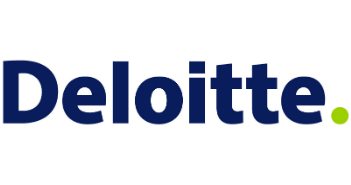Analytics is an underutilized resource for dealing with bribery, money laundering and corruption, according to a new Deloitte survey. Tony DeSantis, principal at Deloitte Transactions and Business Analytics in the data analytics practice, said that financial crime detection and prevention have often been treated as “one-off efforts,” but that regulators now “expect organizations to have holistic, enterprise fraud and misuse management programs spanning all business units and international borders.”
“However, many organizations are unsure where to begin and how to effectively apply analytics,” DeSantis added. “Those out in front are honing early efforts on specific schemes or problematic regions by focused, risk-based approaches and methodologies.”
The survey data is based on polling questions posed to more than 2,100 professionals across industries including technology, media and telecom; consumer and industrial products; and financial services during a webcast on managing financial crime earlier this year.
About half of the respondents said their organizations train all employees on the risks of, and their role in preventing, financial crime. Meanwhile, 17% offered no training.
“Many organizations have well-written anti-corruption and anti-money laundering policies in place,” said Joseph Hanvey, senior manager in the anti-money laundering consulting practice of Deloitte Transactions and Business Analytics. “But, leadership continues to be key in establishing a culture of compliance — particularly during times of change. Financial crime risk may spike when corporate structure, compliance controls and personnel changes take place.”

